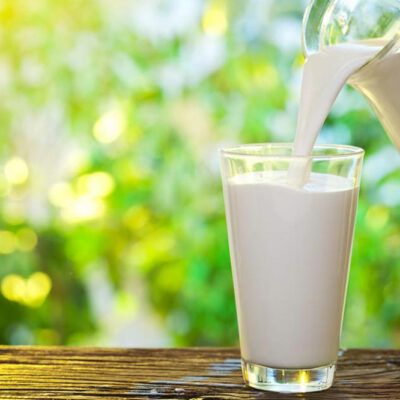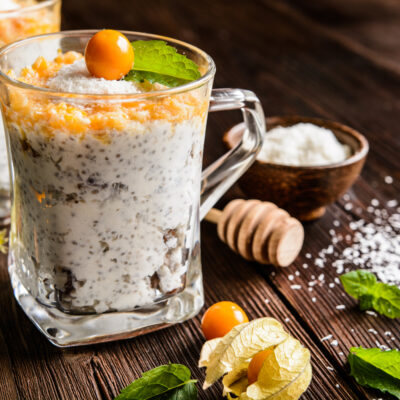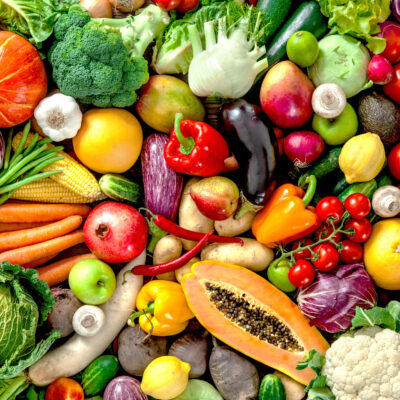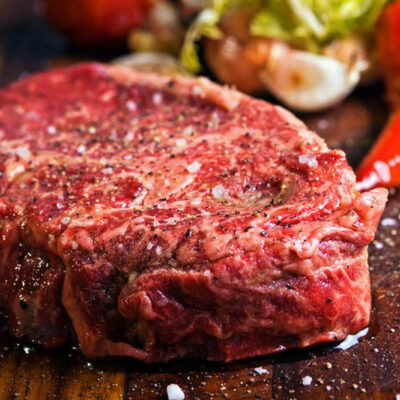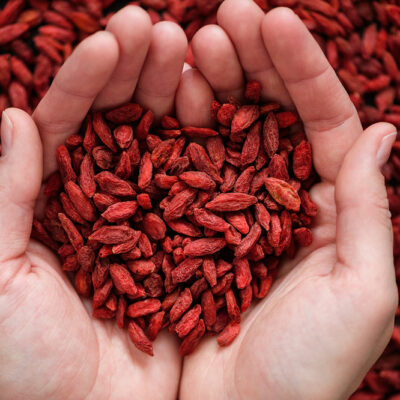
Food
5 Common IBS Food Triggers to Know
Repeated episodes of pain in the abdomen and changes in bowel movements resulting in diarrhea or constipation are the symptoms of Irritable Bowel Syndrome (IBS). Some foods are known to be common triggers of this condition. Therefore, dietary changes are generally recommended by a general practitioner or gastroenterologist to avoid IBS symptoms as much as possible. This article lists the common IBS food triggers that you should remember to manage your IBS more effectively. Lactose If you are lactose intolerant and experiencing IBS symptoms, you should limit the consumption of lactose-rich foods. These include items like cow’s milk, yogurt, ice cream, cottage cheese, among others. These foods are known as contributors to conditions such as gas and bloating. If you are lactose intolerant, try some alternatives such as soy milk and almond milk. If not, simply consume low-fat versions of lactose items like low-fat milk, yogurt, ice cream, etc. Do not completely remove dairy products from your diet as they are an important source of calcium. Speak to your doctor in case you wish to stop the consumption of dairy products, as he/she might advise you about taking calcium supplements instead. Fructose-based foods High fructose foods are among the common IBS food triggers and responsible for bloating.
Read More 
